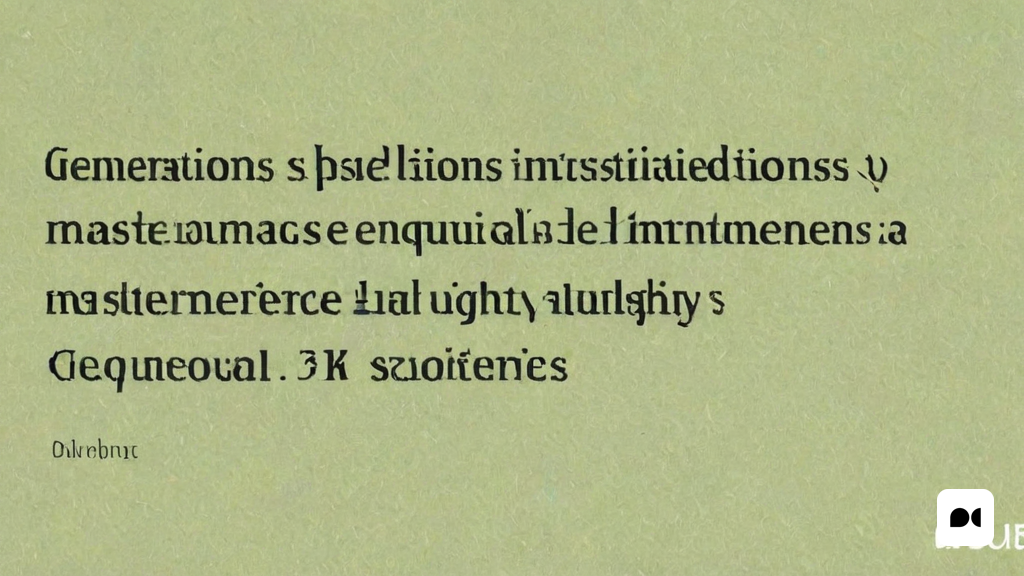The drought situation that our country is suffering from is very serious. It’s been too long since a drop has fallen from the sky and the reservoirs are at their limit. In addition, we have not been able to take care of the planet or its resources and have wasted water as if it were inexhaustible.
For years we have ignored this problem and have not developed effective methods to recycle water. We know that it is not the first time that we are in this situation; in 2006 we already suffered transfers. But, unfortunately, we have forgotten those times and let the authorities abandon the projects and infrastructure needed to desalinate water. If they had continued with these projects, today we would have the tools to solve this problem without emergencies.
We have grown up with ease, used to having everything within reach, as if the water that comes out of the tap is eternal. The new habits of life have led us to have behaviors and practices that are not compatible with the resources that our planet can offer us. For too long we have become accustomed to consuming and throwing away, low quality clothing, and importing food products.
The role of the Athenians
From the awareness that we are already late, we must consider how we want our future to be, and if we do not get the support of the institutions, we will do it as we have always done, from the strength of civil society.
Athenians can contribute to solving this global problem. What is the function that these socio-cultural entities can perform? From sensitization and awareness actions, with the dissemination of water culture and the promotion of rational and sustainable use, through the visibility of own actions and information through the different means of communication they have; to more concrete actions, such as the promotion of collective solutions to capture rainwater, reuse gray water or the installation of efficient irrigation networks in the urban gardens that some entities have. You can even promote artistic activities that work on cultural identity in relation to natural heritage.
Examples of committed Athenaeums
There are already universities that act in this direction, such as L’Ateneu Agrícola de Lavern, in Subirats (Alt Penedès), which organizes every year the Festa del Medi Ambient, where stalls related to sustainability, talks and walks are held to raise awareness the whole population Also, the Ateneu Santcugatenc, which with the ‘Don’t throw it away’ campaign, aimed at raising awareness against food waste, organizes activities on thrift cooking, round tables and visits to its urban gardens.
Ateneu Barcelonès, for its part, has an Ecology section, which works to jointly analyze global and local ecological problems looking for alternative answers. Specifically, on February 8, he organized a talk on the critical thresholds that we should not exceed in order to delay climate change as much as possible, with Jofre Carnicer, Professor of Ecology at the University of Barcelona (UB) and CREAF researcher.
The strength of community
The promotion of collective solutions is simpler if you work as a community, taking advantage of the structures we have and which citizens have been promoting voluntarily for years. This is where the strength of the students resides, able to collaborate with other entities and with the administrations to create an efficient work network, and involve the public in an active fight against drought and climate change.

